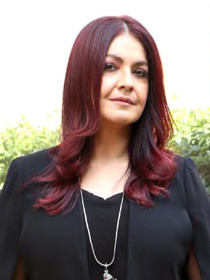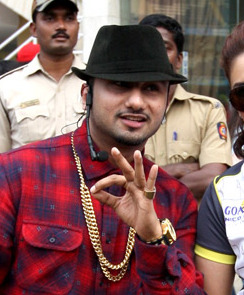A Quote by Anupam Kher
I am aware that as an actor, I can blame others for the failure of a film, the director, the script, choice of co-stars, timing of the release and so on. But now, as the director, I will have to shoulder all the blame.
Related Quotes
We're not allowed in the cutting room - and that's extraordinary. So, when a director is asking for certain nuances and colours and we feel that they're phoney, but we do it because the director asks for it, that's the one that they pick in the cutting room. And I contend that when you see a movie with bad acting, don't blame the actor... blame those guys in the cutting room because they like that take.
With a good script a good director can produce a masterpiece; with the same script a mediocre director can make a passable film. But with a bad script even a good director can’t possibly make a good film. For truly cinematic expression, the camera and the microphone must be able to cross both fire and water. That is what makes a real movie. The script must be something that has the power to do this.
They are self-loathing people, these leftists. I can't imagine what it would be like to get up and live their life every day. To have to be mad all the time, at everybody else, knowing full well you are a failure and having the inability to do anything about it because you will not look at yourself. You gotta blame George W. Bush or you gotta blame corporations, or you have to blame somebody. Blame talk radio.
With a director it's all about the work; I'd work with a great director over - you know, I'm not the kind of actor who that doesn't go, 'I want to play this role.' It's more like, 'I want to work with this director,' regardless of what the role is because if it's a good director, you'll probably find a good role because it's a decent film. But a mediocre director will always make a mediocre movie.
Well, there's two things I have criteria for doing a film: The script, which is the story, and the filmmaker, and it's a filmmaker's medium. I like really strong directors, and so when I do a film, I'm out there to serve the director, really, which is in turn to serve the script, to serve the director cause he's the one making the film. I relied on Todd Haynes for that.
The way I pick movies is, first, if the script is any good. Then, if the script is good, who else is in it, the director, the producer, all that. If you have all that, there's a chance the movie will be great. If the script isn't right, or the director or cast isn't right, you've got no shot in hell.



































